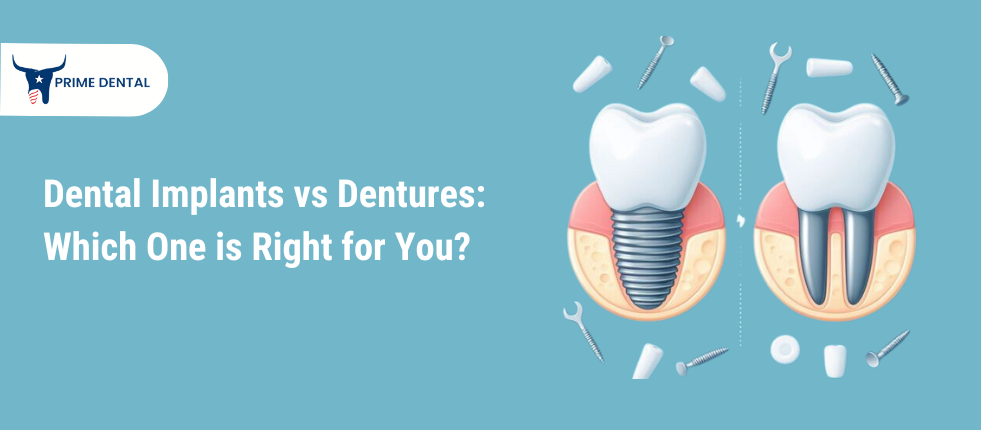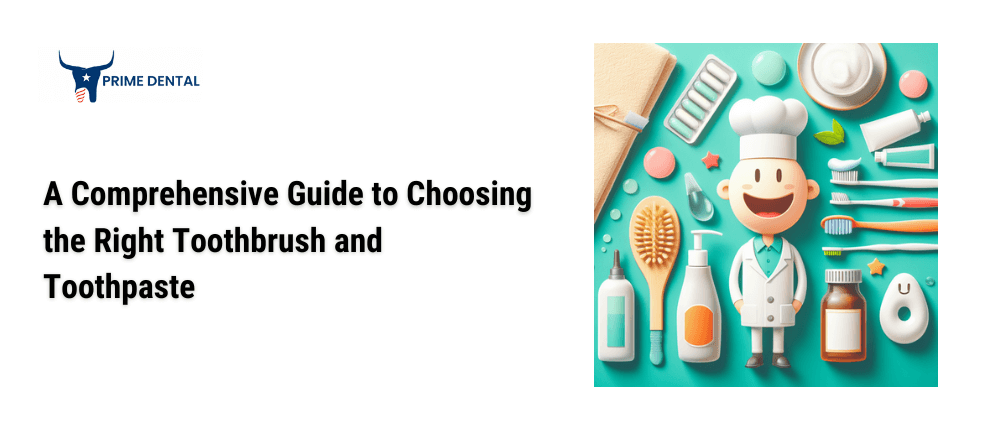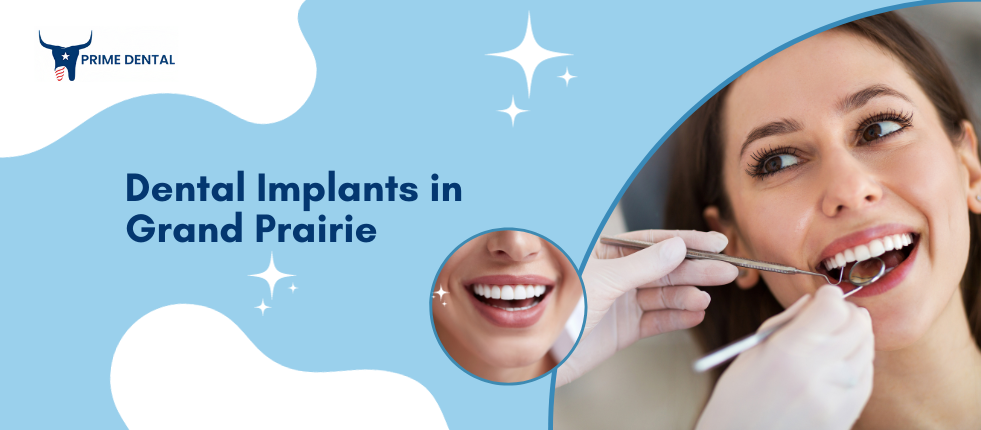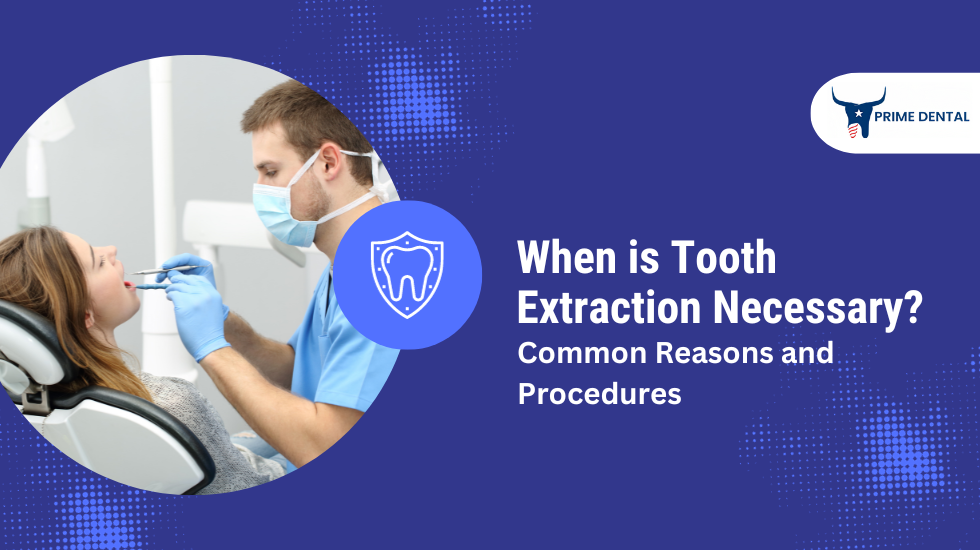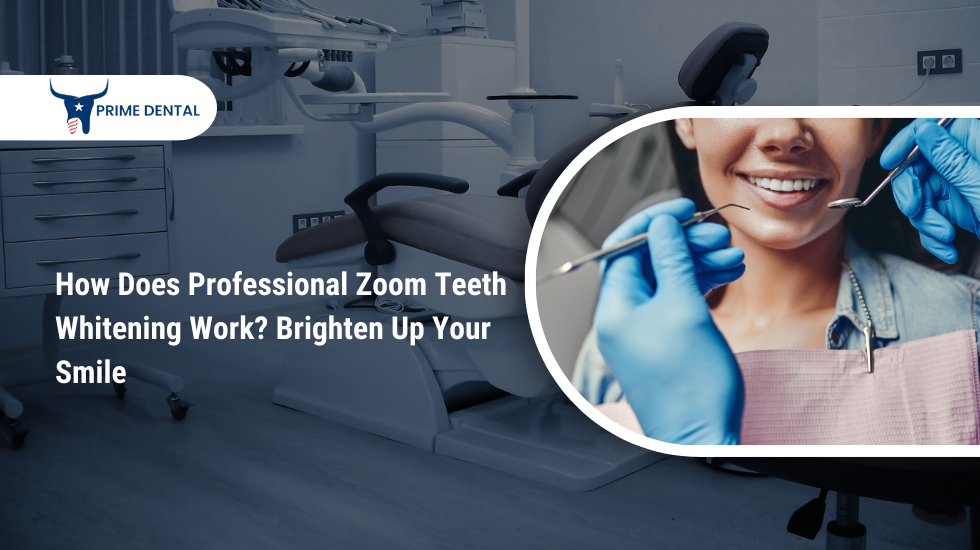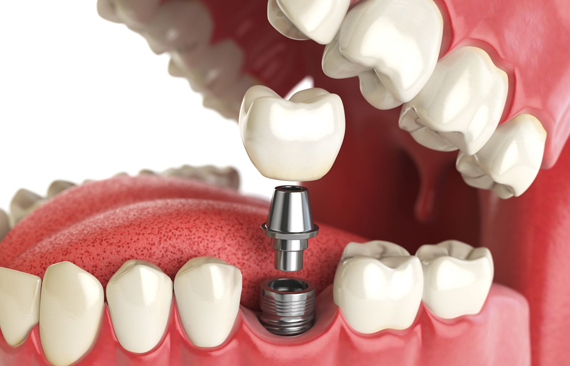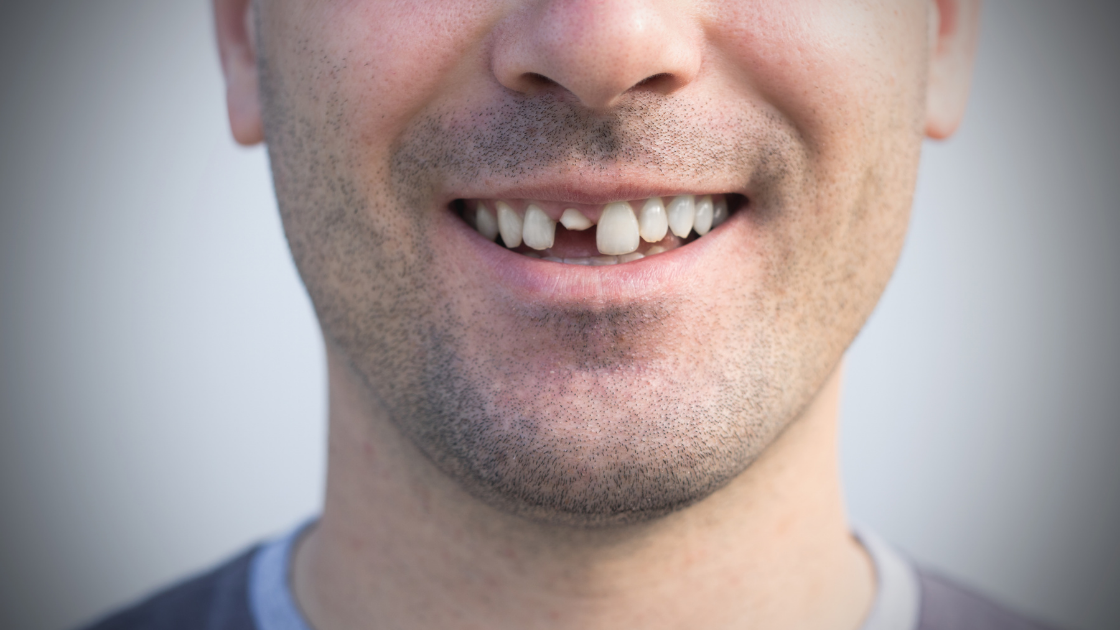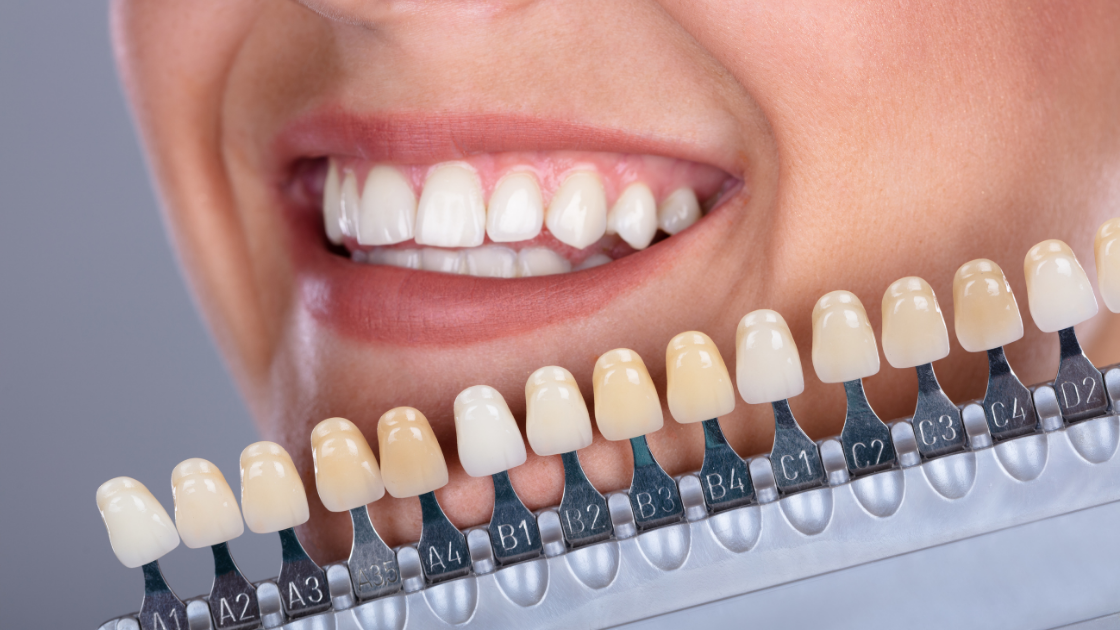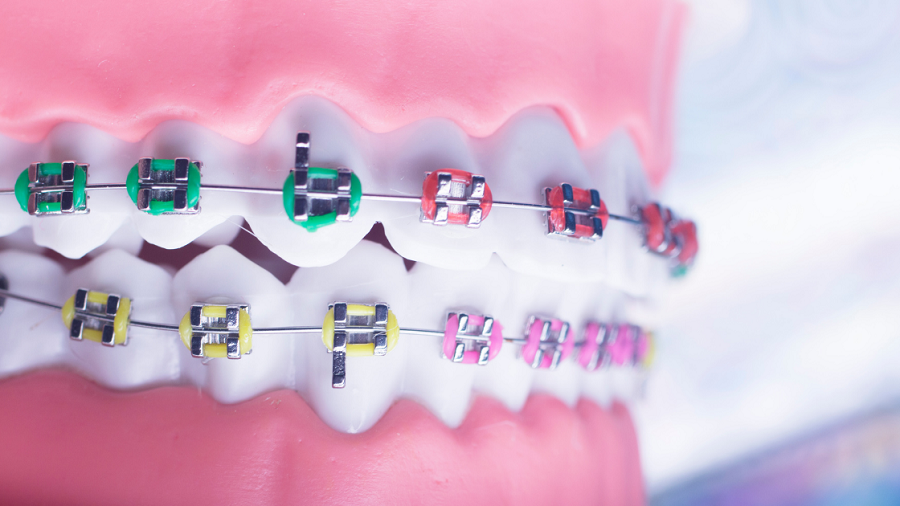A bright, white smile is often considered a symbol of beauty, confidence, and good health. Whether you’re meeting someone new, posing for a photograph, or simply engaging in everyday conversations, your smile is one of the first things people notice about you. However, maintaining those pearly whites isn’t always easy, especially when faced with common culprits like coffee, tea, red wine, and the natural aging process. That’s where professional zoom teeth whitening comes into play.
In this comprehensive guide, we’ll delve into the science behind teeth discoloration, explore the mechanisms of professional teeth whitening, and shed light on the different options available. Get ready to uncover the secrets behind achieving a dazzling smile that radiates confidence.
Understanding Teeth Discoloration
Teeth discoloration can be attributed to a variety of factors, both intrinsic and extrinsic. Extrinsic stains, as the name suggests, occur on the surface of the tooth enamel and are often caused by consumption of stain-inducing foods, beverages, and tobacco. On the other hand, intrinsic stains are located within the tooth’s inner structure (dentin) and may result from factors such as genetics, trauma, or excessive fluoride exposure.
The Science Behind Professional Zoom Teeth Whitening
Professional zoom teeth whitening in Grand Prairie primarily revolves around the use of whitening agents, such as hydrogen peroxide and carbamide peroxide. These agents work by penetrating the enamel and breaking down complex stain molecules into smaller, less visible fragments. The process involves a controlled oxidation reaction that targets both extrinsic and intrinsic stains, effectively restoring the natural color of the teeth.
Types of Professional Teeth Whitening
There are two main avenues for professional teeth whitening: in-office whitening procedures and take-home whitening kits. In-office procedures, often referred to as chairside bleaching, are conducted under the supervision of a dental professional. This method typically involves applying a high-concentration whitening gel to the teeth and may be accelerated by the use of a specialized light.
Take-home whitening kits offer a more flexible approach, allowing individuals to whiten their teeth in the comfort of their own homes. These kits include custom-fitted trays that are filled with a whitening gel and worn for a specified period each day. The gradual nature of this approach minimizes the risk of tooth sensitivity.
Benefits of Professional Teeth Whitening
A. Faster and More Effective Results
When it comes to achieving a brilliantly white smile, professional teeth whitening offers a distinct advantage in terms of speed and effectiveness. Unlike over-the-counter products that may take weeks to show noticeable results, professional whitening can often deliver remarkable changes after just one session.
This is particularly beneficial for individuals with upcoming special occasions or events where a dazzling smile is desired. The potent whitening agents used in professional treatments work efficiently to break down stubborn stains, revealing a brighter smile in a fraction of the time.
B. Controlled and Monitored Process
One of the key advantages of opting for professional teeth whitening is the level of control and monitoring that dental professionals can provide. Before the whitening procedure, your dentist will thoroughly examine your oral health and discuss your goals to determine the most suitable treatment plan.
During the procedure itself, the dentist ensures that the whitening agents are applied evenly and in appropriate concentrations, minimizing the risk of uneven results or overexposure. This level of precision contributes to a safer and more predictable outcome.
C. Minimized Risk of Sensitivity and Damage
Tooth sensitivity is a common concern associated with teeth whitening. However, professional teeth whitening procedures take into account your dental history and current oral health status. Dental professionals can adjust the concentration of the whitening agents and recommend desensitizing measures to help minimize the risk of sensitivity.
Additionally, the controlled application of the whitening agents reduces the likelihood of damaging the tooth enamel or causing harm to the gums. This ensures that you can achieve a stunning white smile without compromising the health of your teeth.
Who is a Candidate for Professional Zoom Teeth Whitening?
A. Assessing Tooth and Gum Health
Before undergoing professional teeth whitening, it’s essential to have a comprehensive assessment of your tooth and gum health. Dental professionals will evaluate the condition of your teeth, gums, and overall oral hygiene to ensure that you are a suitable candidate for the procedure.
Individuals with untreated dental issues, such as cavities or gum disease, may need to address these concerns before proceeding with whitening to avoid potential complications.
B. Managing Existing Dental Issues Before Whitening
In some cases, individuals may need to address specific dental problems before undergoing teeth whitening. Dental issues like cavities or enamel erosion can affect the success and safety of the whitening procedure. Addressing these concerns first not only ensures a smoother whitening process but also promotes better overall oral health. Your dentist will guide you through any necessary treatments before creating a personalize whitening plan.
C. Realistic Expectations for Results
It’s important to have realistic expectations when considering professional teeth whitening. While professional whitening can deliver impressive results, the extent of whitening can vary based on factors such as the severity of staining, the natural color of your teeth, and your oral care habits.
Your dentist will provide an honest assessment of what you can expect from the procedure, helping you set achievable goals and ensuring you’re satisfied with the outcome.
What to Expect During a Professional Zoom Teeth Whitening Session?
A. Consultation and Examination
Your journey to a brighter smile begins with a thorough consultation and examination by a dental professional. During this initial step, your dentist will assess the current condition of your teeth and gums. This evaluation is crucial to determine if you are a suitable candidate for teeth whitening and to identify any potential oral health issues that need to be addressed before proceeding. Be prepared to discuss your oral care routine, dental history, and your desire level of whitening.
B. Choosing the Right Whitening Method
Based on the findings from the examination and your goals, your dentist will help you select the most appropriate whitening method. There are various options available, including in-office procedures and take-home kits. The dentist will explain the pros and cons of each approach, taking into consideration factors such as the extent of discoloration, your schedule, and any sensitivity concerns.
C. Procedure Steps and Duration
Once you’ve chosen the whitening method, the procedure steps will be outlined for you. In an in-office whitening session, you’ll experience the professional touch of a dental expert. A protective barrier will be placed to shield your gums, and the whitening gel will be applied to your teeth.
Depending on the method chosen, a specialize light may be use to activate the gel. The gel will be reapplied several times during the session, with each application lasting around 15 to 20 minutes
Emphasize the Impact of a Brighter Smile on Self-Confidence
A radiant smile isn’t just about aesthetics; it has the power to boost your self-confidence and transform the way you interact with the world. A brighter smile can light up a room, leaving a lasting impression on those around you. When you feel confident about your smile, you exude positivity and charm, which can have a ripple effect on your personal and professional relationships.
Key Takeaways from the Blog Post
As you embark on your teeth whitening journey, keep in mind the key takeaways from this comprehensive guide. Professional teeth whitening offers faster, more effective results compared to over-the-counter products. The controlled process reduces the risk of sensitivity and damage while delivering stunning outcomes. Assess your tooth and gum health before proceeding with whitening, and manage any existing dental issues for optimal results
Encourage Readers to Consult with a Dentist for Personalize Advice or Contact Prime Dental Office in Grand Prairie. While this guide provides valuable insights into professional teeth whitening, each individual’s oral health is unique. For personalized advice and a tailored whitening plan, we encourage you to consult with a dentist.
If you’re in the Grand Prairie area, don’t hesitate to reach out to Prime Dental Office. Our experienced team is dedicated to helping you achieve the smile of your dreams. Contact us today to schedule a consultation and take the first step towards a brighter, more confident you.


